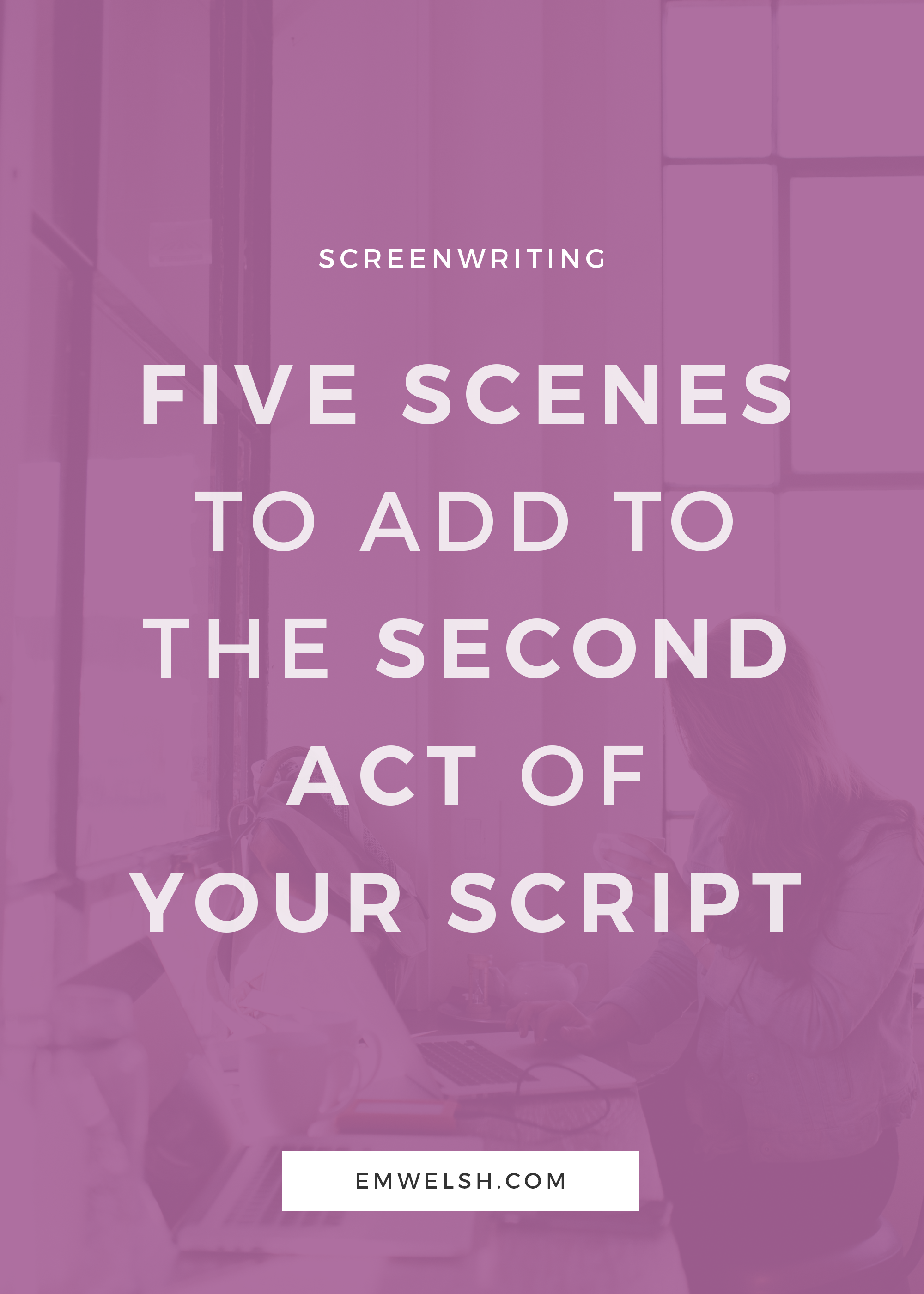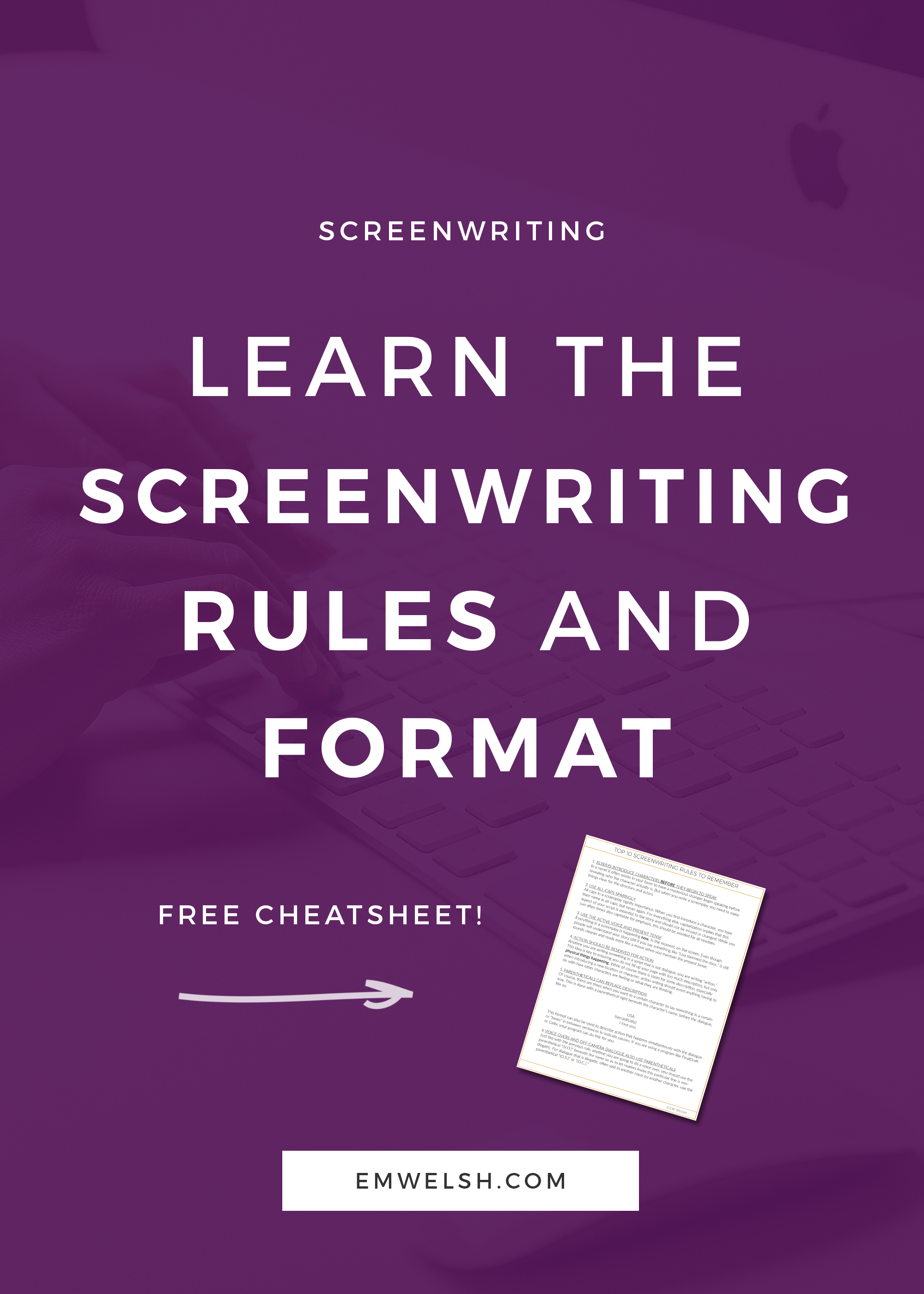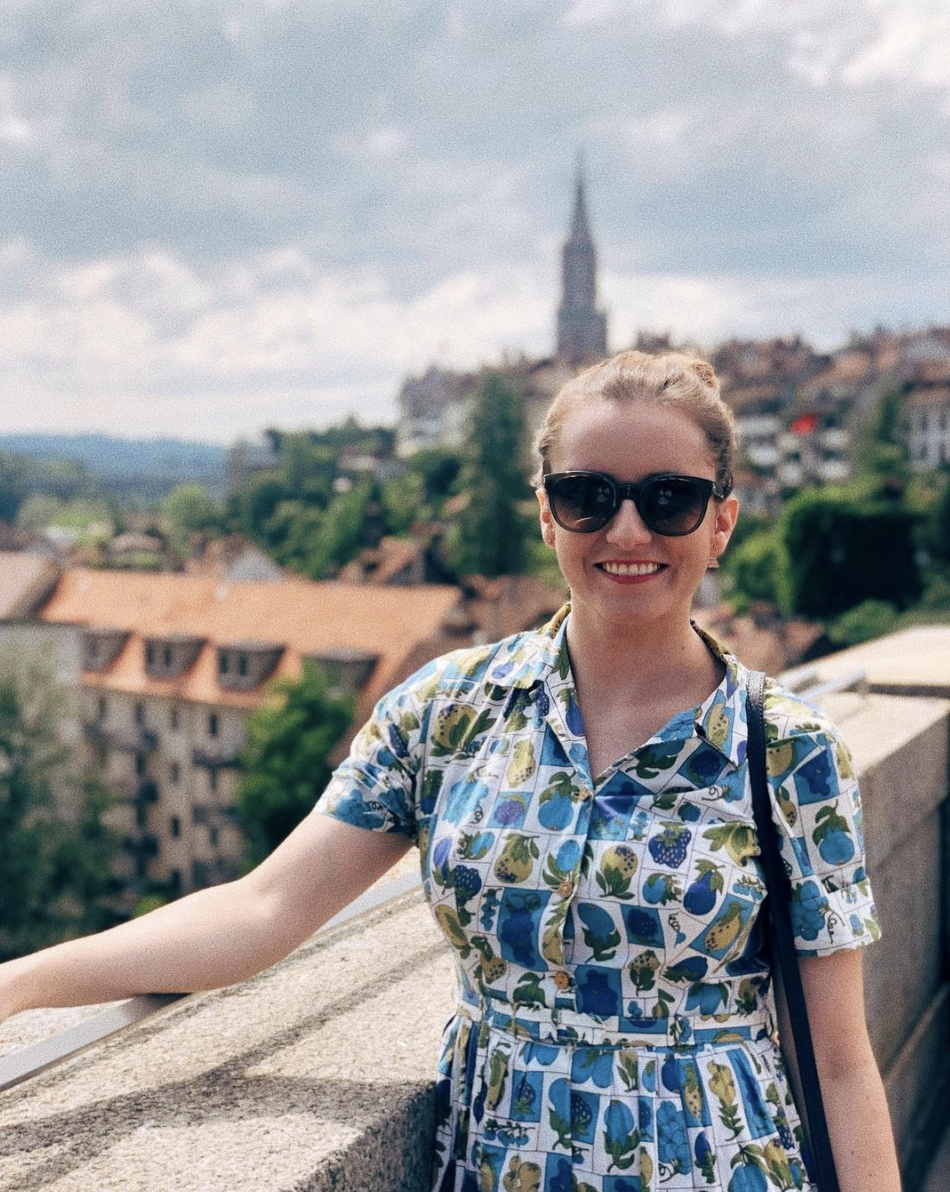Playwriting vs. Screenwriting: What's the Difference?
/To many people, a play and a movie are strikingly similar in how they tell stories. In fact, many plays are adapted into movies almost seamlessly, it’s a wonder the two aren’t interchangeable.
However, if you are someone looking to write a play or a movie and you’re not sure which to pick, just randomly selecting to write a play because you think it will be easily adapted into a movie is not only a poor idea, but will limit your creativity as a storyteller.
Read More












